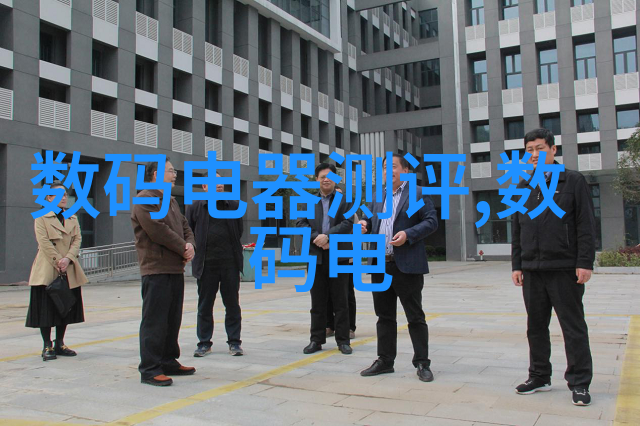
人事测评活动中什么决定了绩效管理的精准性
引言

在现代企业中,人事测评不仅是对员工工作表现的一种评价,更是一种激励机制和职业发展路径的重要组成部分。然而,在这个过程中,我们经常会遇到一个问题:在人事测评活动中,“什么”才是最为关键的?这一问题似乎简单,却又充满深意,它关系到我们如何定义一个人是否优秀,以及如何通过绩效管理来提升组织整体的工作效率。
目标明确

首先,我们需要明确的是,人事测评中的“什么”,指的是那些能够反映员工工作能力、态度和贡献的关键因素。在这里,“什么”的选择直接影响着绩效管理的结果,因此必须非常慎重。这些因素包括但不限于工作量、质量、创新能力、团队合作精神以及适应变化能力等。
标准化操作

为了确保“什么”的标准化运用,我们通常会建立一套详细的人力资源考核体系。这套体系不仅要覆盖上述提到的各种方面,还要提供具体可衡量的指标,以便于进行客观公正的人事测评。此外,这些指标还需要定期更新,以适应行业发展和公司战略调整的情况。
数据驱动

在现代信息技术高度发达的情境下,使用数据分析工具来支持人事测评已经成为一种趋势。通过收集并分析员工在不同时间段内完成任务所需投入时间、成本以及产出情况,可以更好地理解“什么”对组织成功至关重要。这种基于数据的事务性绩效管理,不仅提高了考核结果的准确性,也促进了更加科学合理的人力资源配置。
多维度评价

除了从数量上的角度来看待员工表现之外,我们也应该考虑其品质上的全面发展,即使是在数字时代。“What" in this context refers to the soft skills that are equally important for a person's career growth. These include communication skills, problem-solving abilities, adaptability and emotional intelligence among others. By evaluating employees on these aspects, we can ensure that they are not only productive but also well-rounded individuals who can contribute positively to the organization.
个性化发展规划
最后,但同样重要的是,每个人的“what" may be different due to their unique strengths and weaknesses. Therefore, it is essential to create personalized development plans based on individual performance data and feedback from managers or peers. This approach not only helps employees understand their areas of improvement but also motivates them to strive for excellence.
结论
In conclusion, what matters most in HR assessment activities is indeed multifaceted. It encompasses various factors such as clear goals definition, standardized evaluation processes, data-driven decision-making strategies and an emphasis on both quantitative and qualitative aspects of employee performance. By focusing on these key elements and continuously refining our approaches with time, we can establish more effective performance management systems that support organizational success while fostering personal growth within each employee.



